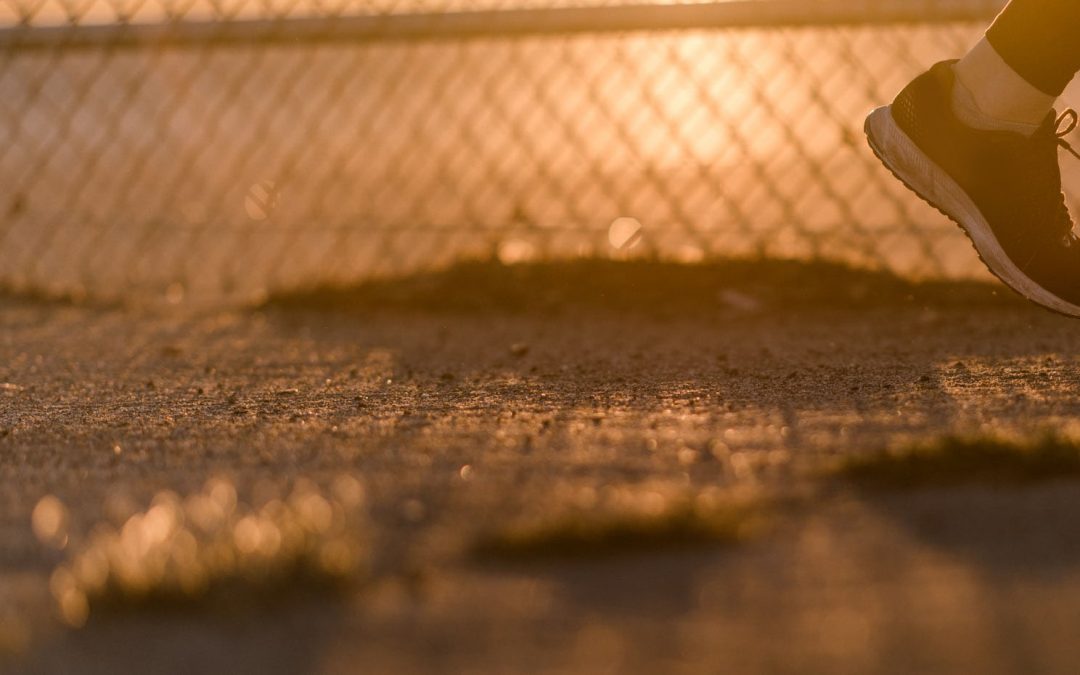(Quick disclaimer: this article is not intended to diagnose, treat, or otherwise replace a professional evaluation. If you feel your child may have ADHD, please consult with a therapist or physician to take steps to diagnose or treat the disorder.)
Attention deficit hyperactivity disorder has been a hot topic in the media, in schools, and in homes with children nationwide. The characteristics of the disorder have been misinterpreted by pop culture to simply be an unruly child who doesn’t follow directions and does as he pleases. There has to be a line drawn here, though, as not all unruly children have ADHD and not all kids with ADHD are really all that unruly.
ADHD is characterized by a list of diagnostic criteria which, I will emphasize, must be diagnosed by a professional. The signs are rather signature, however; put into layman’s terms, a child with ADHD will often have problems paying attention or sitting still for as long as everybody else their age will. But before you jump the gun, I will explain the reasoning behind consulting a professional instead of diagnosing your child yourself; ADHD symptoms often parallel other disorders, ranging from simple lack of sleep to learning disabilities, anxiety disorders, or depression. Additionally, if your child really does have ADHD, treatment is absolutely paramount and necessary.
Symptoms/Diagnosis
Often, a child with ADHD will not be paying much attention at school. As a result, a child with ADHD will not be performing as well academically as a parent would like them to. Assignments and books will be lost, schoolwork won’t be completed, and sometimes, ADHD will manifest itself in a way which causes the child to behave disruptively during class.
Another telltale symptom will be the general aura of the child behaving as though he is driven by a motor. A child with ADHD will also have difficulties waiting, remaining silent, remaining still, or maintaining sustained focus on tasks which require it.
Now, it is important to remember these symptoms are supposed to reflect a level of this which is higher than normal for a child their age. It’s safe to say almost all children at one point or another will seem as though they are bouncing off the walls. However, children with ADHD are part of the top 3-5% in hyperactivity and inattention.
Past all the basic descriptions, the diagnosis is done on very specific criteria. The children must have at least six symptoms present before age seven. The symptoms must also be more long-term and must last over half a year in various settings. After all, a child may simply misbehave at school because he dislikes the teacher! The symptoms must also be severe enough to cause large difficulty in interpersonal relationships across various settings.
A doctor, psychiatrist, psychologist, or therapist will look through all of these criteria and more; actual tests exist to verify the diagnosis. These can be questionnaires, psychological tests, or even the full works of mixed psychological and physical evaluations. More tests may seem counterintuitive, but eliminating all other possibilities is a must, as treatment of the wrong disorder will lead to no improvement in your child with ADHD.
Treatment
Unfortunately, many of us have gotten used to a system of taking a pill whenever we need to solve an issue and moving on with our lives. This alone does not work for ADHD, or any other mental disorder, for that matter. While certain drugs, such as Adderall, Ritalin, and Concerta, can improve symptoms, they are supplemental to cognitive-behavioral therapy.
A good psychologist and therapist will go a long way in helping with management of ADHD symptoms and preventing them from coming up again. Therapists will look for a way to teach your child with ADHD how to maintain focus and how to control impulses. Parents also get the 101 on how to help the child keep on task using behavioral techniques, as therapy must continue even outside of the office!
A few tips which don’t require therapy but can help until you can seek professional treatment:
Set up a regular schedule which fits in time for both work and play.
- Eliminate all distractions in the work space.
- Reward all good behavior.
- Don’t be afraid to punish bad behavior, but don’t do so in a way which is strict, overreactive, or worst of all, abusive. Simply taking away privileges or reducing play time should be enough.
- For every time you have to criticize your child’s behavior, try to balance it with 5-7 compliments (whenever they are doing things properly, of course).
Set clear rules. - Keep your child as physically healthy as possible; make sure he exercises, eats healthily, and gets enough sleep.
- Keep your kid away from caffeine! (but that should be a given)
Finishing Remarks
It should go without saying, even though I’ve already done so a few times: if you suspect your child has ADHD, contact your physician and get your child evaluated. If your doctor also suspects ADHD, he may prescribe medication and refer you to a psychologist or therapist.
But don’t think your child will just “grow out of it”. If it is not treated, ADHD has been correlated to increased rates of drug and alcohol abuse, failure at school, problems keeping a job, trouble with the law, and unhealthy interpersonal relationships. Treatment helps with the management of symptoms, and consequently, reducing the likelihood of these negative possibilities occurring.
I do speak from experience when I say many children with ADHD improve dramatically by going into therapy. A large majority of the children who are referred to me by physicians and schools are diagnosed with ADHD. Yet another majority of these children see a large improvement (over 75%) in their prognosis; this is dependent on parents and children both following through with therapy and suggestions, though! If you’re looking for a therapist, I can help you out!
Many blessings,
Magda Blanco


Recent Comments